Answers to 15 Common Questions About Testosterone Replacement Therapy
Although I am not a medical professional, and these answers should be considered only as my opinions - I have been on TRT for over a decade, and have quite a bit of experience with it.
1. How does TRT differ from anabolic steroids?
The short answer: TRT differs from steroid abuse primarily due to the doses taken. The actual drugs are often the same, at least when it comes to the base substance of most steroid cycles, which is testosterone.
The long answer: While both TRT and anabolic steroids involve testosterone, TRT aims to restore natural testosterone levels in men with deficiencies. In contrast, anabolic steroids, such as those used by bodybuilders, can elevate testosterone levels far beyond the natural range.
Someone on testosterone replacement therapy might be taking 100mg-150mg of testosterone per week for the long-term. Meanwhile, a bodybuilder taking "steroids" could be using the same exact substance, but would be abusing it at 500mg, 800mg, sometimes over a gram a week. This is typically done in cycles of 8-12 weeks with significantly longer breaks between each cycle.
Learn more in the TRT eBook chapter about testosterone use vs. steroid abuse.
2. Can TRT improve athletic performance?
Yes, TRT can improve athletic performance in men with low testosterone.
3. Are there any dietary or lifestyle changes that can enhance the effects of TRT?
A balanced diet, regular exercise, and adequate sleep can complement TRT. Consuming foods rich in zinc, vitamin D, and omega-3 fatty acids might support healthy testosterone levels. However, if you are on TRT your body will have stopped producing its own testosterone because you are bringing it in from outside (exogenous). Therefore, your overall testosterone levels are unlikely to be affected by diet like they would be if you were not on TRT.
4. How does TRT impact mood and mental health?
Low testosterone can be linked to mood swings, depression, and irritability. TRT can help alleviate these symptoms for some men, but it is essential to monitor mental health throughout the treatment.
Too much testosterone can lead to too much estrogen, which can cause mood swings and other mental health issues. There are medications people take to keep this from happening, but overusing them can result in too little estrogen, which also causes mood irregularities. That's why it is important to get your bloodwork done regularly and talk to your doctor about any major shifts in mood.
Learn more about low estrogen and TRT.
5. Does TRT have any impact on memory and cognitive functions?
Some studies suggest that TRT might improve cognitive functions in men with low testosterone, but more research is needed. If you're experiencing memory issues, it's crucial to discuss this with your healthcare provider.
From an anecdotal perspective, I noticed significant improvement in cognitive function once I started TRT, which included a better memory and sharper thinking. IOW, it cleared up my cloudy mind, which was caused by Low T.
6. Can TRT affect hair growth or loss?
Testosterone can influence hair growth. While some men might experience increased body hair, others might notice accelerated hair thinning or loss on the scalp.
My family does not suffer from male-pattern baldness, yet I have thinning and receding hair. I am sure this is because of my use of testosterone, and it's conversion to DHT. After I started taking oral finasteride and using topical minoxidil my hair loss stopped, and even reversed after six months. I don't have the hair my brothers have, but I'm no longer going bald.
7. How does TRT interact with other medications?
TRT can interact with certain medications, including blood thinners and insulin. Always inform your doctor about any medications or supplements you're taking.
Personally, I notice TRT has an affect on my thyroid medication. The same amount of levothyroxine has different effects on my thyroid stimulating hormone (TSH) levels depending on how much testosterone I'm taking. When I take more testosterone, I need less levothyroxine. This is just one example of many I've experienced or heard about.
8. Are there any alternative treatments to TRT?
There are alternative medical treatments, such as clomiphene citrate and human chorionic gonadotropin, which stimulate the body to produce more testosterone naturally. You can discuss these options with your healthcare provider. There are also alternatives like OTC health supplements, and certain activities and exercises that are known to naturally increase testosterone levels in men.
Learn more about natural testosterone boosters in Chapter 8. of our TRT eBook.
Personally, I have found supplements like tribulus and horny goat weed to be next-to-useless compared to actual testosterone treatment.
9. How often should I monitor my testosterone levels while on TRT?
Regular monitoring is crucial. Most doctors recommend checking testosterone levels every few months, especially during the initial stages of treatment.
I get mine checked every six months, but it used to be every three months when I first started.
10. Can TRT influence sleep patterns or cause sleep apnea?
Some men report changes in sleep patterns or the onset of sleep apnea with TRT. If you experience sleep disturbances, it's essential to discuss them with your doctor.
I have sleep apnea, even though I'm healthy, don't drink much and have a low bodyfat percentage. I think this is because of my testosterone use.
11. Is there a "best time" of day to administer TRT?
Depending on the form of TRT, there might be optimal times for administration. For instance, testosterone gels are often applied in the morning, but injections might have a different schedule. Follow your doctor's recommendations.
I take mine after I shower in the evenings. It doesn't really matter, in my experience.
12. Can TRT affect one's voice?
While testosterone plays a role in voice deepening during puberty, it is uncommon for TRT to significantly alter an adult's voice. However, some subtle changes might occur.
It tends to affect womens' voices much more than mens'.
13. How does alcohol consumption impact TRT?
Excessive alcohol can lower natural testosterone levels and might reduce the effectiveness of TRT. It's advisable to moderate alcohol consumption while undergoing treatment.
14. Does TRT affect one's ability to have children?
Yes, TRT can impact fertility. Testosterone therapy can reduce sperm production, potentially leading to a lower sperm count. This reduction can affect one's ability to father children. If you're considering starting a family or adding to it in the future, discuss this with your healthcare provider before beginning TRT.
A few options:
- Wait to start TRT until after you have had all the children you want.
- Prior to going on TRT, freeze some sperm at the fertility clinic to use when you're ready to have kids.
- Ask your doctor about taking Human Chorionic Gonadotropin (HCG) when you are ready to have children if you have been on TRT.
15. Once I start TRT, do I have to be on it for life?
Not necessarily. Some men choose to remain on TRT long-term to maintain its benefits, while others might stop after a certain period. If you decide to discontinue TRT, it's essential to do so under the guidance of a healthcare professional. Abruptly stopping can lead to withdrawal symptoms or a return of low testosterone symptoms. It's also worth noting that natural testosterone production might be suppressed while on TRT, and it can take time for the body to resume its normal production once the therapy is stopped.
Unofficially - Yes, TRT is for life. Any time someone asks me if they should "try" TRT, I ask them if they're ready to be on it for life. If they say no, then I say no as well. Unless you take HCG regularly, your testicles will shrink (unless you take HCG regularly) and your body will stop making its own testosterone. HCG has its own set of complications and most people don't take it long-term.
If you're looking for quick muscle gains and then hope to get off "TRT," then you're not wanting TRT. You want steroids. Same but different. See question #1.


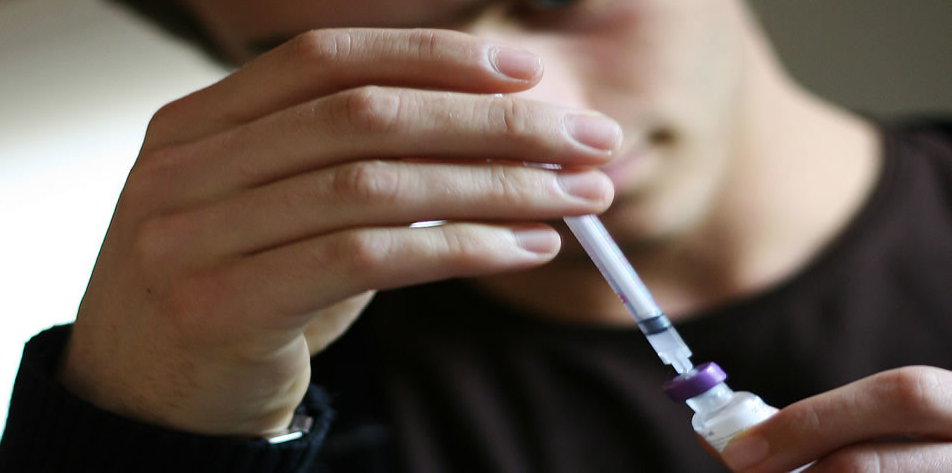
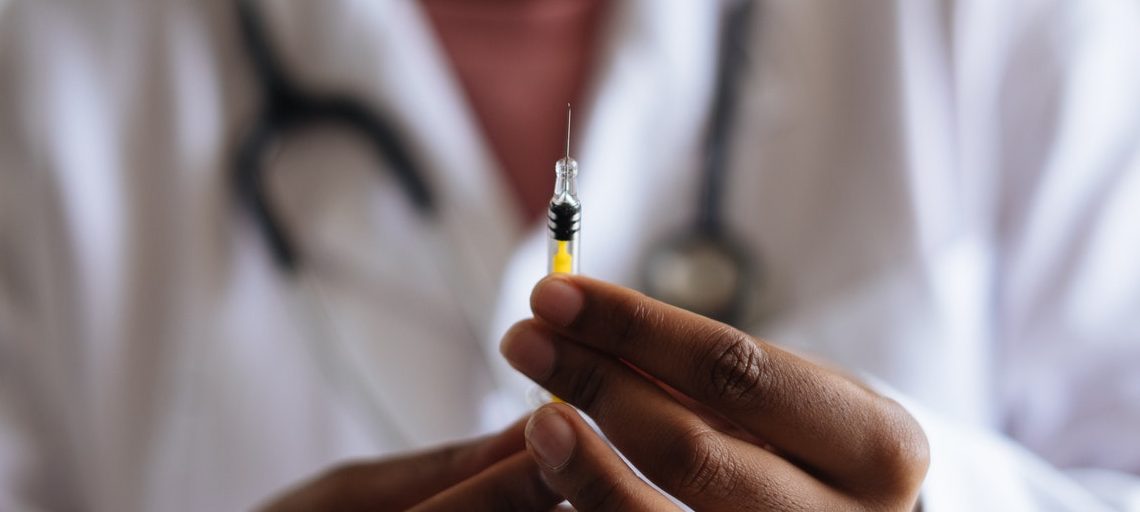
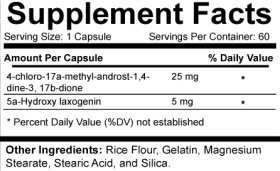
 While the FDA does a pretty good job of regulating "medicines" they don't do such a good job of regulating health supplements, which generally fall under "food" guidelines, which are much more lenient than what prescription-grade pharmaceuticals have to deal with (e.g. years of laboratory testing, human trials, etc...). The FDA has tried several times to expand the definition of pharmaceutical drugs and thus their jurisdiction over health supplements. Some see this as a good thing; others see it as a bad thing. I'm going to stay out of that argument. But I will say this: There's a big difference between something like vitamin B, whey protein, or acai berries and things like
While the FDA does a pretty good job of regulating "medicines" they don't do such a good job of regulating health supplements, which generally fall under "food" guidelines, which are much more lenient than what prescription-grade pharmaceuticals have to deal with (e.g. years of laboratory testing, human trials, etc...). The FDA has tried several times to expand the definition of pharmaceutical drugs and thus their jurisdiction over health supplements. Some see this as a good thing; others see it as a bad thing. I'm going to stay out of that argument. But I will say this: There's a big difference between something like vitamin B, whey protein, or acai berries and things like 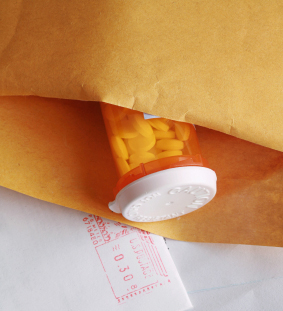
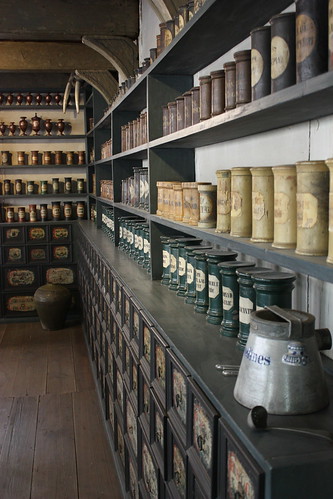
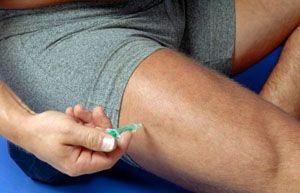


 It has been a long, hard, six-month road of trying to get my natural testosterone production back up. I've tried several
It has been a long, hard, six-month road of trying to get my natural testosterone production back up. I've tried several 
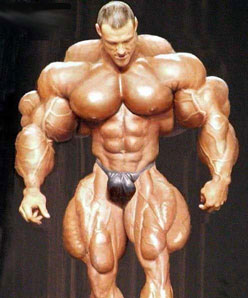
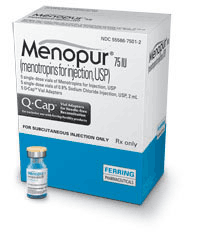
 As I posted before, I have secondary hypogonadism. Read
As I posted before, I have secondary hypogonadism. Read